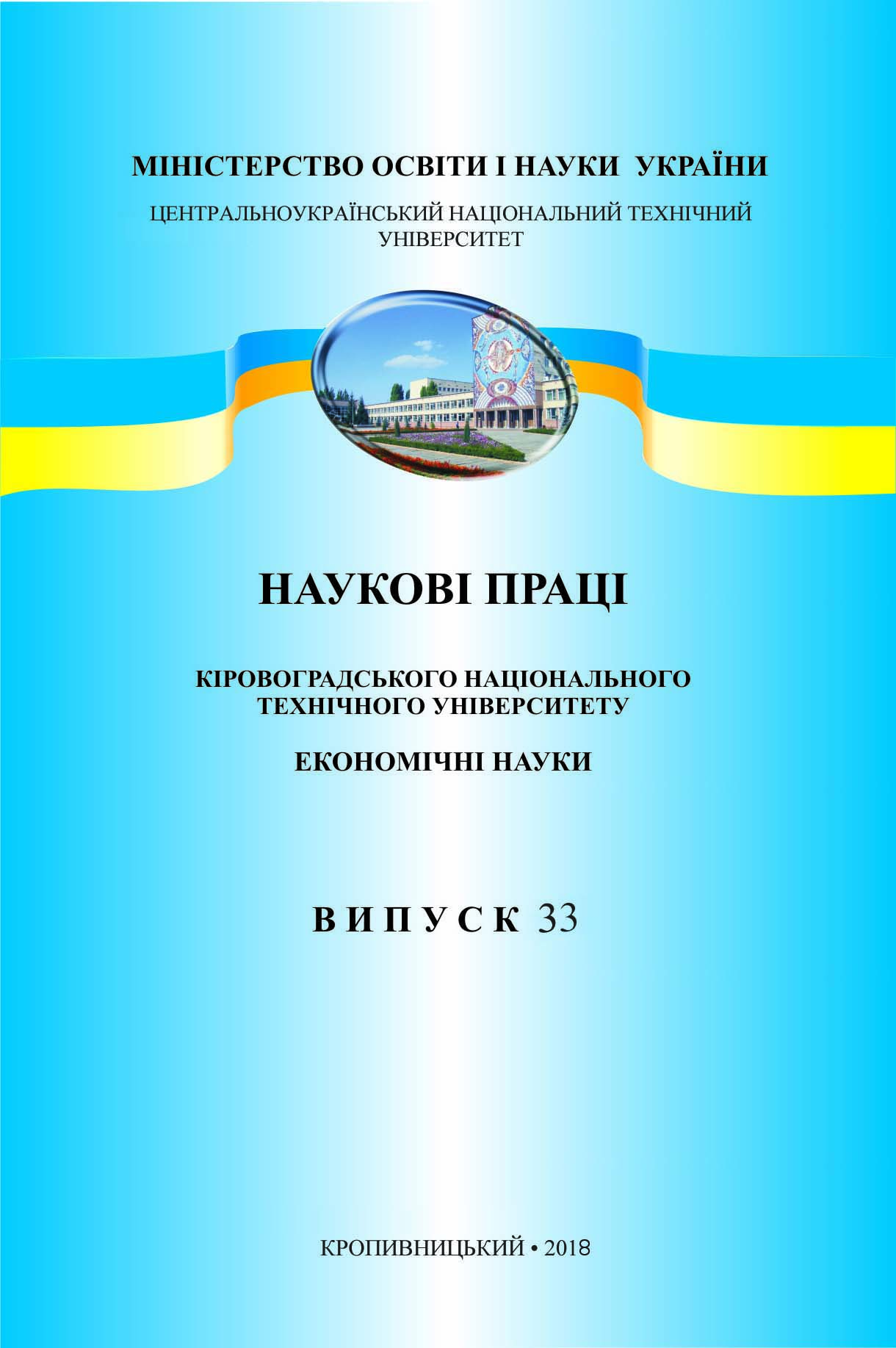Механізми формування інтелектуального капіталу транснаціональних корпорацій
Mechanisms of Formation of Intellectual Capital in the Transnational Corporations
Author(s): Evelina PanchenkoSubject(s): Economy, National Economy, Supranational / Global Economy, Business Economy / Management, Micro-Economics, Human Resources in Economy, Socio-Economic Research
Published by: Кіровоградський національний технічний університет
Keywords: intellectual capital; transnational corporation; research and development (R&D); royalty; patents; know-how;
Summary/Abstract: The modern practices of formation and accumulation of intellectual capital in transnational corporations are summarized. At the current stage of transnational companies' activity, the formation and the most efficient use of intellectual capital is a decisive factor in their long-term competitiveness, sustainable development. Proceeding from the fact that the structure of intellectual capital includes human, structural and organizational capital, we determine the most effective and demonstrative of capital - structural. The structural capital of the corporation includes patent activity and activities, research works, licenses, know-how, etc. The capital itself may be its own, or borrowed from external sources (purchase, lease, free access). The article defines and analyzes the corporate expenses of the R&D in the country as well as the share of corporate expenses from the general ones. The volumes and dynamics of financing of transnational corporations of research and development are analyzed. The existing mechanisms of joint participation of corporations in scientific researches, volumes of trade in the results of intellectual activity are highlighted. Factors contributing to the significant dissemination of international strategic alliances, as a form of increasing the intellectual capital of transnational corporations are considered. The advantages and disadvantages of license agreements of transnational corporations as an advantageous form of technology transfer and the commercialization of intellectual capital are explored.It is substantiated that the formation of intellectual capital of corporations includes a wide range of mechanisms, focused primarily on the formation and provision of structural capital, as the most effective. It is determined that there are two key mechanisms for attracting intellectual capital - the formation of own and attracting from external sources. It is proved that most of transnational corporations use both mechanisms to maximize the efficient accumulation of intellectual capital and its using. Prospects for further research are the justification of the possibilities of using the experience of transnational corporations in national practice.
Journal: Наукові праці Кіровоградського національного технічного університету. Економічні науки
- Issue Year: 2018
- Issue No: 33
- Page Range: 67-75
- Page Count: 9
- Language: Ukrainian

